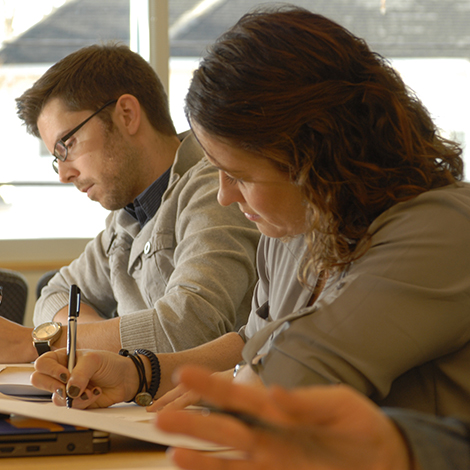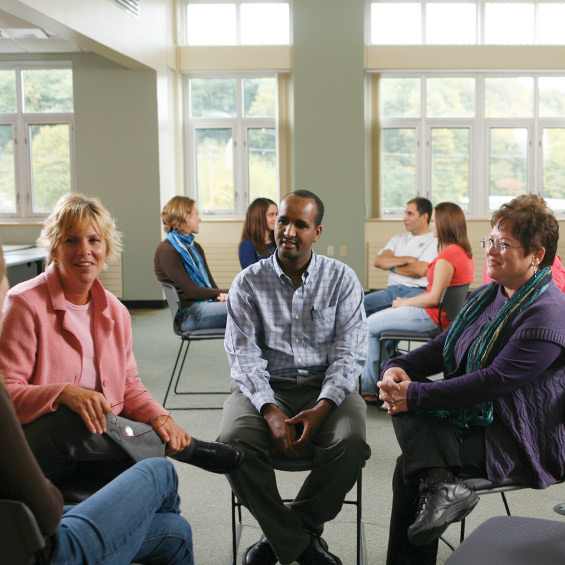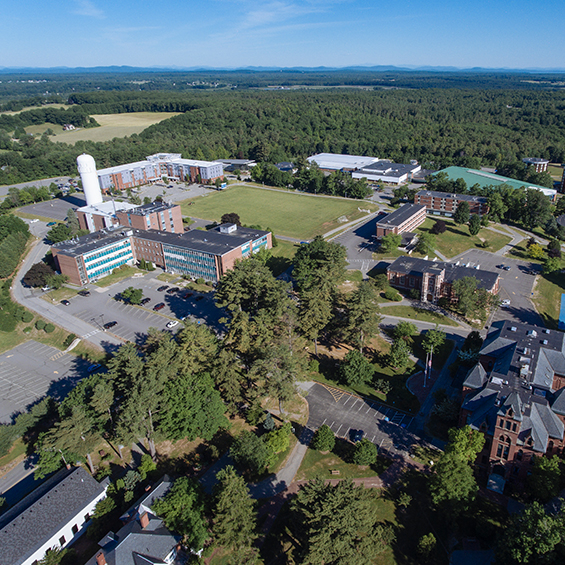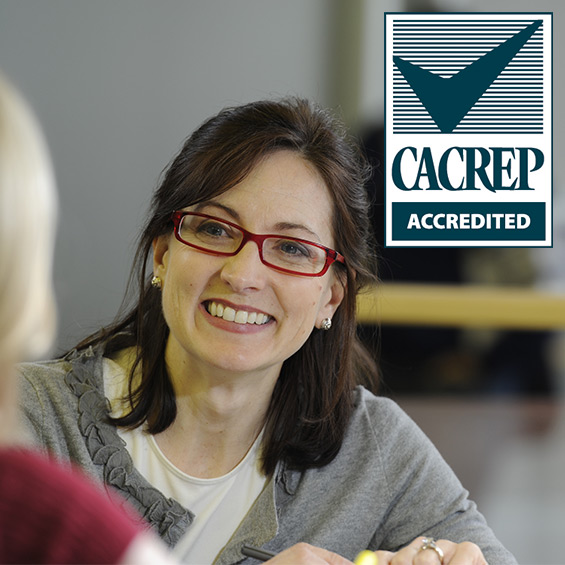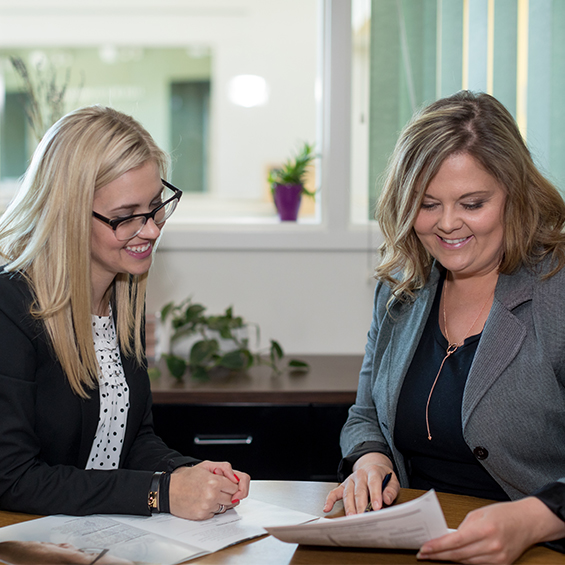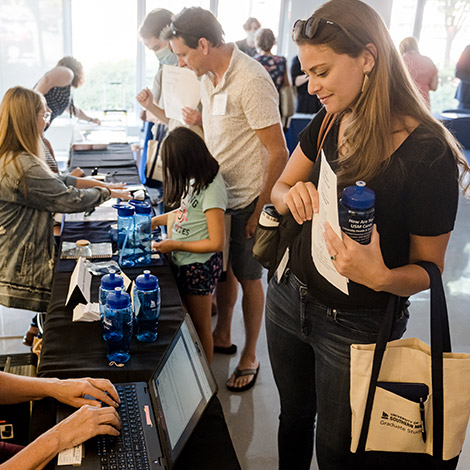Tuition & fees
Costs include tuition & fees. See cost details
Credit hours
63 required credit hours. Most courses are equal to 3 credit hours. Browse course list
Financial aid
Over 150 graduate assistantships available with stipend & tuition assistance, plus scholarship, fellowship & research opportunities. Explore aid
Admissions
No GRE requirement.
Formal interview required.
Apply by February 15 for fall term, October 1 for spring term. View application process & deadlines
Program highlights
Prepare to be a professional counselor
You’ll complete a practicum and an internship at sites that align with your location, schedule, and career path. We help out-of-state students find fieldwork close to home. You’ll receive support from an on-site supervisor, our faculty, and your peers.
Broad career opportunities
More than 98% of program graduates have been successfully employed in public, private, and nonprofit rehabilitation agencies, facilities, and hospitals in Maine and across the country — or have chosen to pursue further education.
Program requirements
Gain the counseling knowledge and skills used in rehabilitation settings. Study human behavior, individual counseling theory, group theory and dynamics, research methodology, and psychological measurement and evaluation.
Expand career options while earning your degree
You can obtain your Mental Health Rehabilitation Technician/Community (MHRT/C) and Certified Alcohol and Drug Counselor (CADC) certifications during your studies.

Certifications
Clinical Track graduates qualify to become a Certified Rehabilitation Counselor (CRC), Licensed Alcohol and Drug Counselor (LADC), as well as a Licensed Professional Counselor (LPC) and/or Licensed Clinical Professional Counselor (LCPC) in Maine. We advise out-of-state students on requirements for their home states.
Certifications
Graduates qualify to become a Certified Rehabilitation Counselor (CRC), Licensed Alcohol and Drug Counselor (LADC), as well as a Licensed Professional Counselor (LPC) and/or Licensed Clinical Professional Counselor (LCPC) in Maine. We advise out-of-state students on requirements for their home states.
Expert faculty
Our faculty are deeply committed to student success and many have served as professional counselors and clinicians. Faculty members engage in continuous scholarship related to areas such as counselor self care, altruism and moral courage, rehabilitation and aging, suicide awareness, and resiliency.
Expert faculty
Our faculty are deeply committed to student success and many have served as professional counselors and clinicians. Faculty members engage in continuous scholarship related to areas such as counselor self care, altruism and moral courage, rehabilitation and aging, suicide awareness, and resiliency.
Accreditation
Our program is fully accredited through the Council for the Accreditation of Counseling and Related Education Programs (CACREP).
Scholarship opportunities
Scholarships offer financial aid that doesn’t need to be repaid. We encourage students in graduate degree programs to apply for scholarship opportunities.
Connect with us
Our monthly Graduate Information Sessions are an excellent way to learn more about the benefits of our program, as well as our admissions and financial process.
Graduate student support
Our Office of Graduate Studies connects you with opportunities for professional development, scholarships, and graduate assistantships. They also foster our graduate student community through Peer Mentorship and the Graduate Student Board.
Our graduate admissions counselors are here to answer your questions about the admissions process, our academic programs, and student support services.
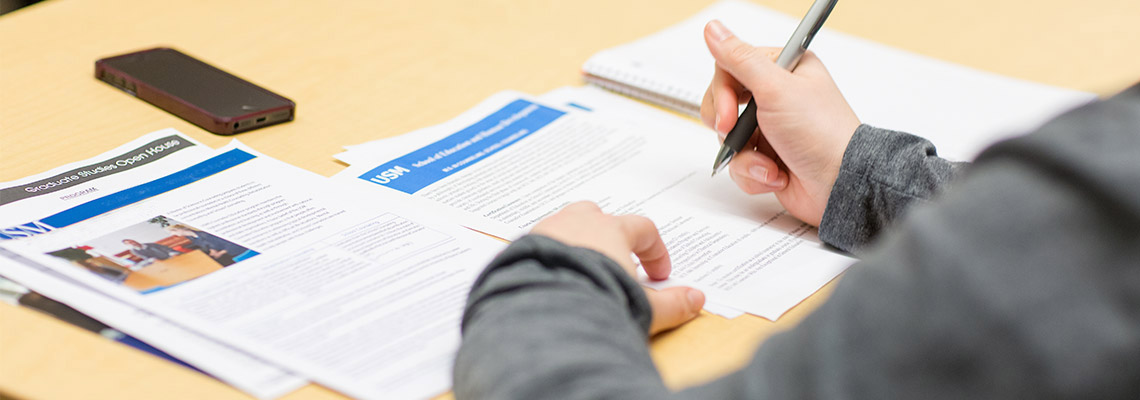
Admission information: MS in Counseling — Rehabilitation Concentration
Application deadlines & interview timelines
| Deadline & timeline | Fall term start | Spring term start |
|---|---|---|
| Application deadline | February 15 | October 1 |
| Interview timeline | March 15-22 | November 1-7 |


